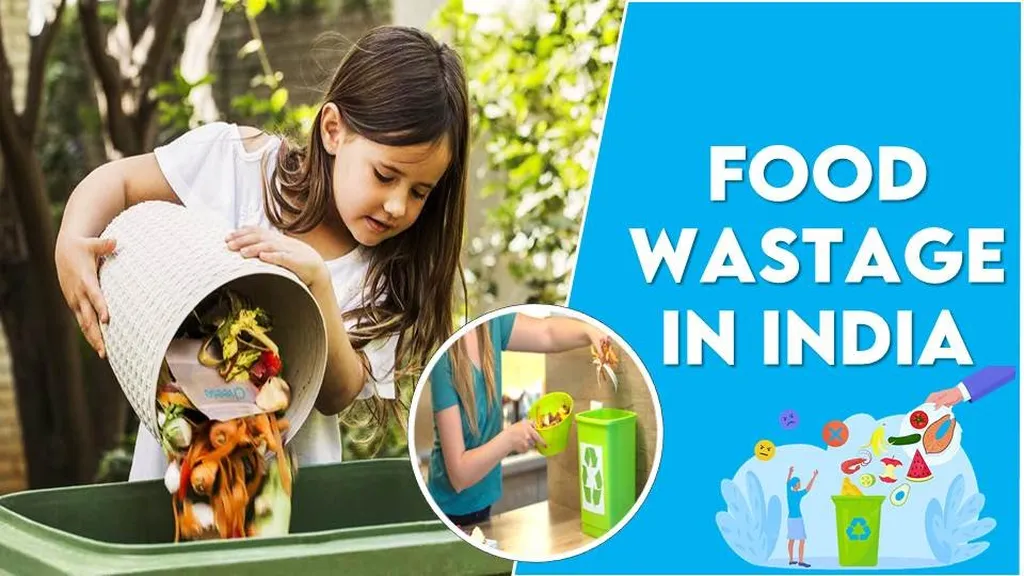In the heart of India, researchers are tackling a global challenge: the immense waste generated by the agri-food industry. Muzaffar Hasan, a scientist at the Center of Excellence on Soybean Processing and Utilization, ICAR-Central Institute of Agricultural Engineering in Bhopal, has co-authored a compelling editorial that sheds light on the opportunities and hurdles in transforming this waste into valuable resources. Published in the journal *Frontiers in Sustainable Food Systems* (which translates to *Frontiers in Sustainable Food Systems* in English), the piece argues that agri-food waste is not just a problem to be discarded but a treasure trove of untapped potential.
The agri-food sector is a significant contributor to global waste, with millions of tons of byproducts discarded annually. These byproducts, often rich in nutrients and organic compounds, are typically left to rot or burned, contributing to environmental pollution and climate change. However, Hasan and his colleagues see this waste as a valuable resource that could be harnessed to create biofuels, bioplastics, and other sustainable products.
“Agri-food waste is a massive, underutilized resource,” Hasan explains. “By adopting innovative technologies and circular economy principles, we can transform this waste into high-value products, creating a more sustainable and profitable agri-food industry.”
The editorial highlights several promising avenues for agri-food waste valorization. For instance, organic waste can be converted into biogas through anaerobic digestion, providing a renewable energy source for rural communities. Similarly, agricultural residues can be used to produce bio-based materials, reducing dependence on fossil fuels and minimizing environmental impact.
However, the path to a circular economy is not without challenges. Hasan points out that technological, economic, and regulatory barriers hinder the widespread adoption of waste valorization practices. “We need integrated approaches that consider the entire value chain, from waste generation to end-use,” he says. “This includes developing cost-effective technologies, creating favorable policies, and raising awareness among stakeholders.”
The commercial implications for the energy sector are substantial. As the world shifts towards renewable energy sources, agri-food waste could play a pivotal role in meeting global energy demands sustainably. By investing in waste valorization technologies, energy companies can diversify their portfolios, reduce carbon footprints, and tap into new revenue streams.
Hasan’s research underscores the need for collaboration among researchers, industry leaders, and policymakers to drive innovation and scale up waste valorization efforts. “The transition to a circular economy requires a collective effort,” he emphasizes. “By working together, we can unlock the full potential of agri-food waste and pave the way for a more sustainable future.”
As the world grapples with the challenges of climate change and resource depletion, the insights from Hasan’s editorial offer a beacon of hope. By embracing the principles of the circular economy and investing in innovative technologies, the agri-food industry can transform waste into wealth, creating a more sustainable and prosperous future for all.

